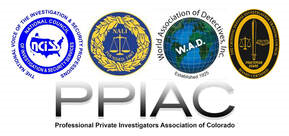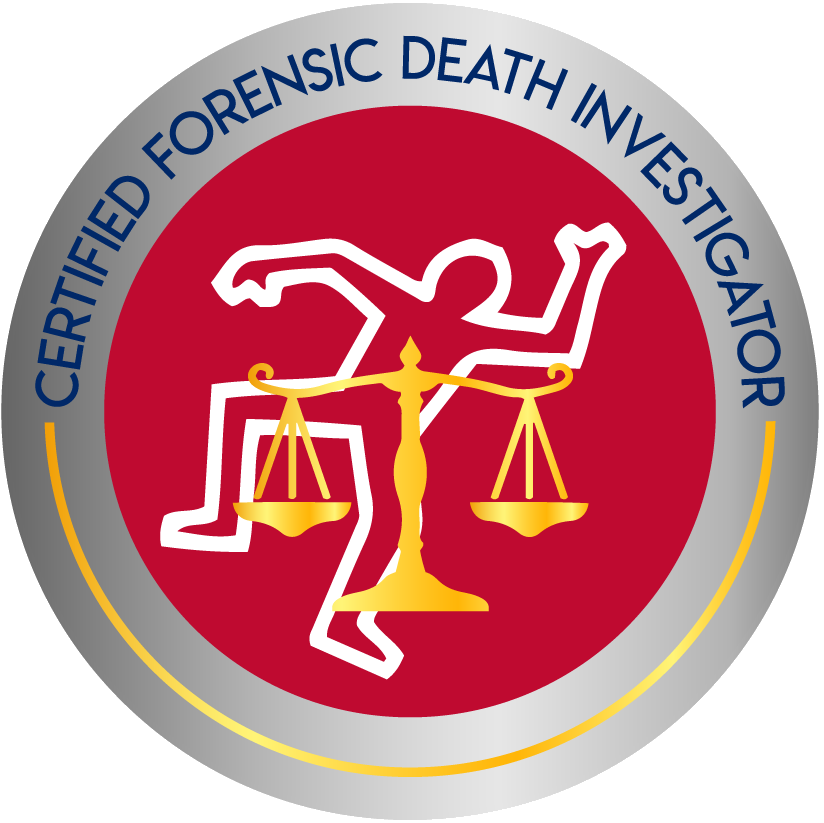
In August and September members of the National Council of Investigation & Security Services (NCISS – www.nciss.org/join-nciss) were alerted to disturbing articles attacking private investigators and access to public records, for legal and ethical purposes in litigation – particularly state driving records. These are resurfaced from similar stories just before major state and national elections in 2016 and 2018.
Headline #1 - Arizona DMV Sells Drivers' Photos and SSNs to Private Investigators
Headline #2 - The Loophole the DMV Uses to Sell Your Data to Private Investigators
Headline #3 - California DMV Is Selling Drivers' Data to Private Investigators
(previously Vermont in 2019, and in both 2016 and 2019 California with similar headlines and sources)
The NCISS Legislative Committee has responded to this false and intentionally misleading statements, and is monitoring legislative and regulatory activity with state associations and in Congress and federal regulatory agencies.
These and past articles variously describe investigators as acting in nefarious manners. This is overwhelming false. Yes, every profession has its low percentage of bad actors. private investigators provide critical and essential services in civil, criminal, probate, domestic relations, and administrative law proceedings. This through work product, testimony of work product and even as expert witnesses. This type of work ranges from insurance fraud, identity theft cases, frauds and abuses on private parties to include elder fraud, missing persons, sex trafficking cases, and criminal defense that even involve death penalty mitigations and exonerations of the wrongfully accused. The following examples are key areas private investigators provide research and critical information and analysis which benefits to their clients – from the general public to businesses and government agencies – most often directly in the judicial process:
- A crime, wrongful act, or threat against the United States or any State or Territory of the United States;
- The identity, reputation, character, habits, conduct, business occupation, honesty, integrity, credibility, knowledge, trustworthiness, efficiency, loyalty, activity, movements, whereabouts, affiliations, associations, or transactions of a person, group of persons, or organization;
- The credibility of witnesses or other persons;
- The whereabouts of missing persons;
- The determination of the owners of abandoned property;
- The causes and origin of, or responsibility for, libel, slander, a loss, an accident, damage, or an injury to a person or to real or personal property;
- The business of securing evidence to be used before an investigatory committee, board of award or arbitration, administrative body, or officer or in the preparation for or in a civil or criminal trial;
- The business of locating persons who have become delinquent in their lawful debts, when the private investigator locating the debtor is hired by an individual or collection agency;
- The location or recovery of lost or stolen property;
- The affiliation, connection, or relationship of any person, firm, or corporation with any organization, society, or association or with any official, representative, or member of an organization, society, or association;
- The conduct, honesty, efficiency, loyalty, or activities of employees, persons seeking employment, agents, contractors, or subcontractors; or
- The identity of persons suspected of crimes or misdemeanors.
Without the the private investigator, the judicial system would – the rights of plaintiffs and defendants – would stop.
The private investigator’s access and use of all information is screened by two required factors: 1) the requestor must be an authorized entity (i.e. private investigator, law enforcement, collection agency; and 2) a legitimate and approved purpose (i.e. litigation, employment background, judgment collection). These protected records are not readily available and all users and uses are vetted, audited and tracked.
Together with our clients, colleagues, state and national associations – including the Professional Private Investigators Association of Colorado (PPIAC – www.ppiac.org) and the National Council of Investigation & Security Services (NCISS – www.nciss.org/join-nciss), we will work together to assure professional private investigators meet the high standards expected and are able to provide the level of work-product clients expect and need.


